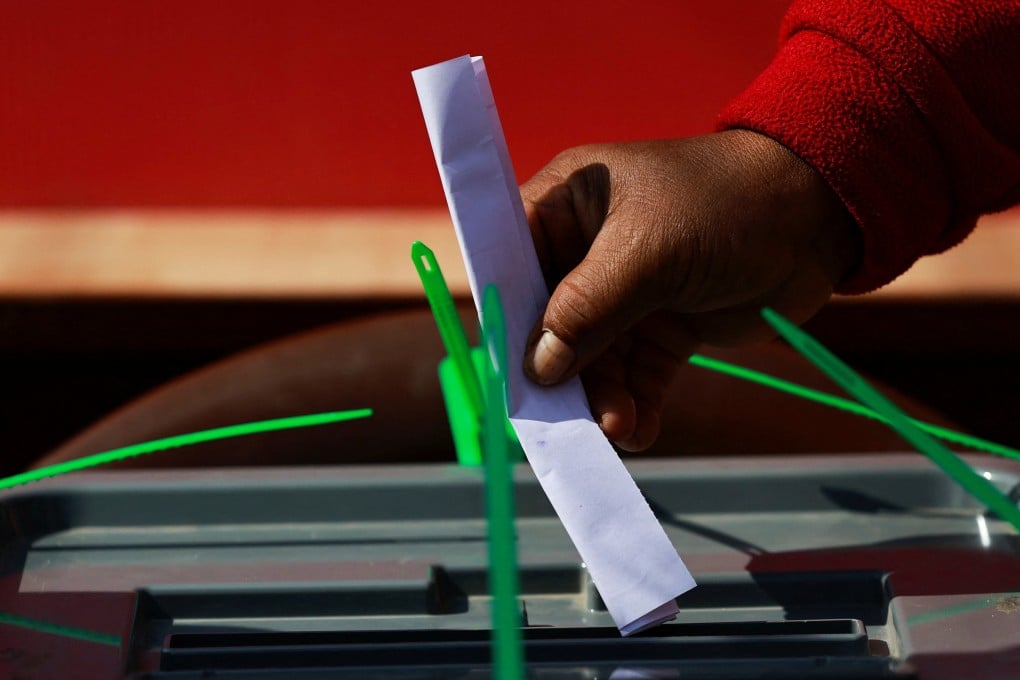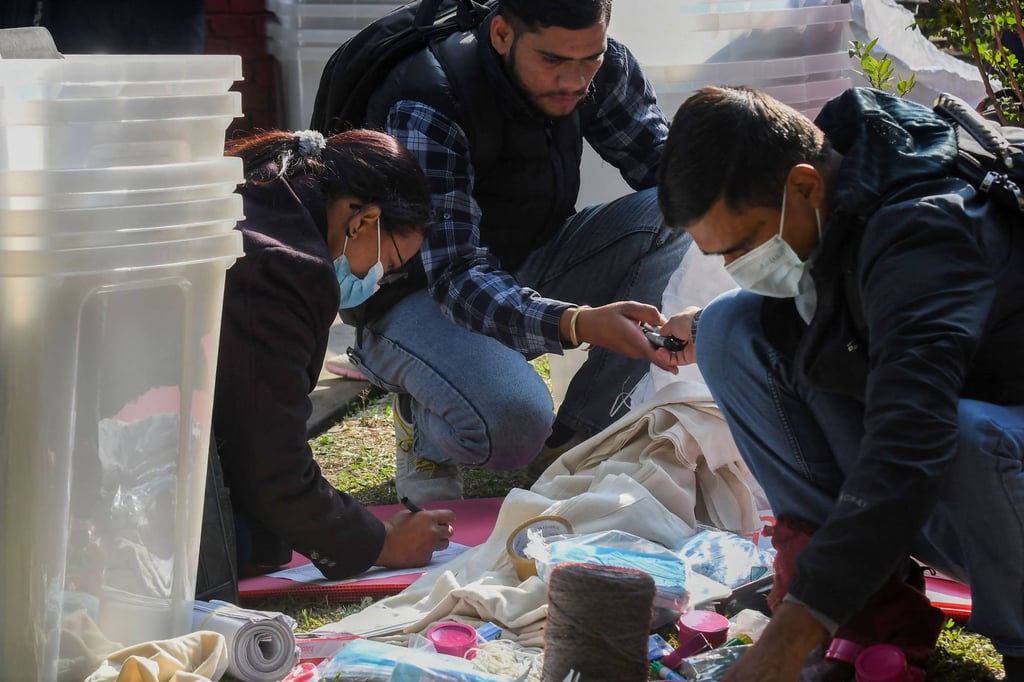Nepal election could be ‘turning point’ in delicate balance of US, China, India geopolitical interests in region
- Washington has stepped up efforts to expand presence in Nepal amid worsening Sino-US, China-India ties
- Election results will be key to how the three powers will develop strategic interests in Nepal, with India and US keen to counter Chinese influence in region

More than 17.9 million voters in the geopolitically sensitive South Asian country – sandwiched between China and India – will elect a new government and prime minister through the 165 seats in Nepal’s parliament and the 550 seats in its provincial assembly that are being contested.
The polls come at a time when Kathmandu’s import in regional politics is rising. China and India have long jostled for influence in neighbouring Nepal, but Washington has also recently intensified efforts to expand its own presence.

Chinese vice-minister for culture and tourism Li Qun made an unusual visit to Kathmandu earlier this month, despite previous recommendations for it to be called off in view of the election – a sign of the delicate situation Kathmandu finds itself in on foreign policy issues.
Delhi, for its part, has traditionally enjoyed close ties with neighbouring Hindu-majority Nepal, which it sees as a “buffer” between India and China. India and Nepal share an open border policy, and the Indian army also recruits Nepalese citizens as soldiers in its Gorkha regiments.
At a time when Sino-US and China-India relations have nosedived, analysts say Washington’s interest in courting Kathmandu away from Beijing has also peaked.
The results of the election could prove pivotal in determining Kathmandu’s future relations with all three powers, said Suresh Chalise, Nepal’s former ambassador to the US and Britain.